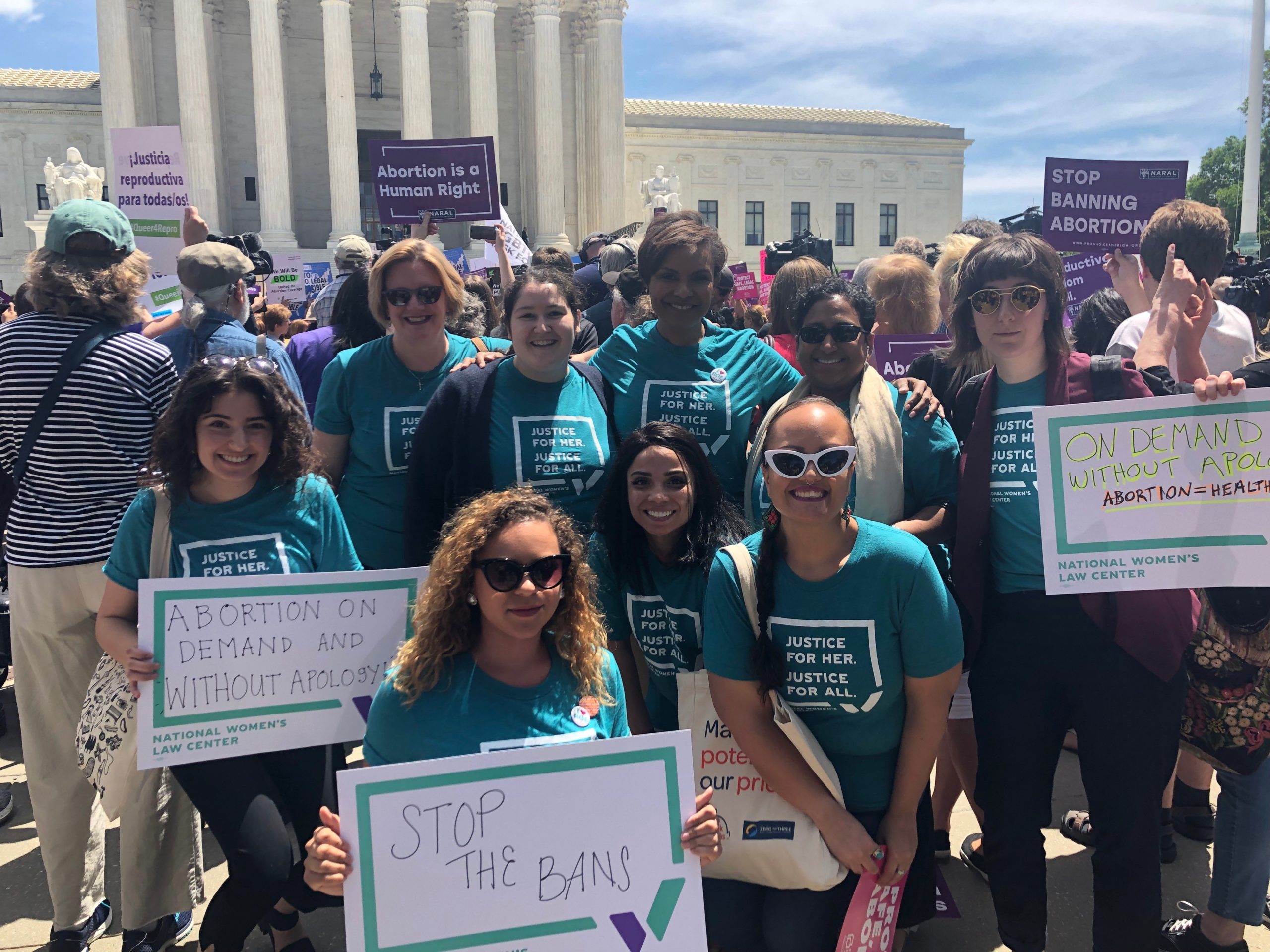Why Congress Must Pass the MARCH Act: The Impact of Abortion Bans on Service Members and Their Dependents

Last year, the Supreme Court wrongly took away the constitutional right to abortion, creating a public health crisis as states pass and enforce bans decimating abortion access across the country. These bans target those with the fewest resources. Among these communities are military service members and their families, who already face numerous barriers to care because of existing harmful federal abortion bans in the military.
Federal law currently bans TRICARE (the military health insurance program) coverage of abortion and bans military treatment facilities from providing abortions, except in cases of rape, incest, or to save the person’s life. As a result, service members and dependents are forced to go outside of the military and pay out of pocket for abortion care, all while navigating the—overwhelming and often prohibitive—maze of state bans and restrictions on abortion access.
Service members seeking care off base have been limited in their ability to do so due to restrictions on leave or travel imposed on their unit, or fear of needing to disclose their abortion and face retaliation or stigma. The cost of an abortion can also be a barrier, especially for junior service members with a base pay of approximately $23,000 a year, which is less than $2,000 a month. Additionally, many service members do not have access to a car in order to travel off base for abortion care, meaning additional out-of-pocket costs to access an offsite clinic. If stationed in a state with an abortion ban, a service member may have to travel through multiple states before reaching a clinic, further increasing the travel costs.
These multiple, compounding costs and delays undermine abortion access and inflict both financial and emotional distress on service members and military families forced to access care outside the military. These costs and delays also mean that some are forced to continue a pregnancy against their will.
We know that abortion has never been accessible for all people. For those undervalued, under-resourced, and pushed to the margins by systems designed to subjugate them, the right to abortion has never guaranteed access. This is especially true for Black, Latina, Indigenous, Asian American and Pacific Islander, young, and low-income communities. The Dobbs decision has purposefully targeted these groups, whose resources are already limited due to structural racism and classism. Notably, nearly half (48.3%) of active-duty service members are racial minorities or Hispanic or Latino. So not only do many service members and dependents bear the brunt of these structural barriers to abortion care outside of the military, but they face additional barriers to care due to military abortion bans.
This is why we support the MARCH (Military Access to Reproductive Care and Health for Military Servicemembers) Act, which would eliminate the military abortion bans and expand access to abortion for military service members and their dependents. This bill is critical to protecting and expanding abortion access during this reproductive health care crisis by finally eliminating the harmful military abortion bans. According to FY 2021 data, Military Health Services (MHS) serves 1.62 million women of reproductive age (15-44)—over one-third of all female MHS beneficiaries—including service members, retirees, and dependents, and an estimated several thousand transgender men and nonbinary people serve on active duty or Reserve in the Armed Forces. And there are currently 2,369,990 MHS beneficiaries living in one of the 14 states where abortion is either wholly or almost fully restricted or unavailable.
The TLDR: A lot of MHS beneficiaries capable of pregnancy are living in states where abortion access is currently banned. The MARCH Act would drastically improve abortion access for these populations.
The MARCH Act is one piece of what is needed to make abortion affordable and available for service members and their families. We applaud the leaders in Congress fighting to pass this law and we will continue to fight alongside them.




